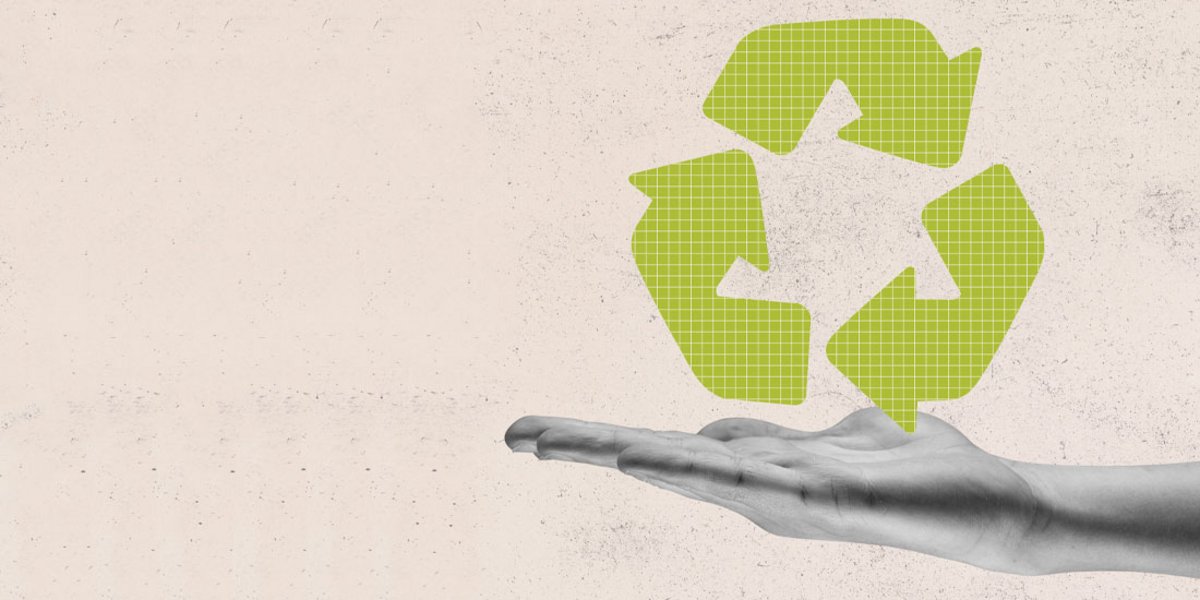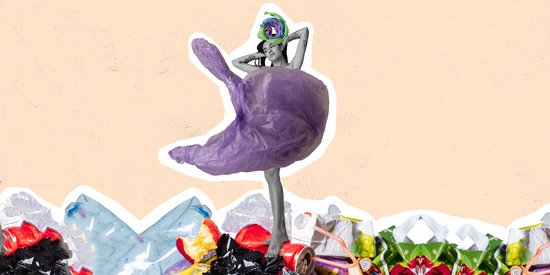At the beginning of the 21st century, man is facing unprecedented ecological challenges. We are well aware of them, but what can we do? Participating in the preservation of the environment is really not rocket science! We just need to change a few of our daily habits, because every habit counts.
15 to 37% of our biodiversity could disappear by 2050.
Each year, between 13 and 15 million hectares of forests disappear.
The good news: In some countries, up to 83% of people are ready to boycott a brand if it seems harmful to the environment.
Here is a preview of "Terracide" one of Hubert Reeves' latest books:
"Our planet is doing badly: global warming, depletion of natural resources, soil and water pollution caused by civil and war industries, disparity of wealth, human malnutrition, staggering rates of extinction of living species, etc ..."
Is the situation really that dramatic?
All we know is that small, everyday actions can help our planet, it is our reason for living, a goal we must pursue.
At home
I save water: it is assumed that 50% of the world's population will be without water by 2030. Taking a quick shower instead of a bath not only allows you to perk up after a heavy day, but also helps to save some water.
Turn off the tap while you soap your hands, brush your teeth, or for gentlemen, while you shave. When using your washing machine or dishwasher, program your appliances for economical washing for a ½ load, this will save 30% of the volume of water used. Do not use cleaning products that contain phosphates, as this damages the water table .
I save energy: if you leave your electronic devices on standby, know that apart from the heating and your stove, their consumption represents on average 15% of your electricity bill. When you leave a room, turn off the lights. During the day, make the most of the natural light, by placing your desk near the window, for example. Adjust the heating temperature according to the temperature of your rooms.
I sort my waste: an estimated 3,400 to 4,000 tonnes of waste per year, or 80 to 126 tonnes of waste generated every second! Careful sorting of your waste makes it possible to recycle things in order to make everyday objects, for example two plastic bottles can make a scarf. You can also use your fruit and vegetable peelings, coffee grounds and more to make your own compost. If you do not have selective waste sorting in your area, contact the nearest recycling center. Another example; households consume 70,000 tonnes of medicines per year. If these are unused or expired, return them to your pharmacy. You may also be able to recycle old cds, dvds and more by sending them off by post or giving away to second-hand shops. Have a look online.
In the office
I consume less energy to produce less waste: Offices are among the most energy intensive: 180 kWh/m2 for heating and 110 kWh/m2 for electricity (lighting and computers in particular). Paper accounts for 80% of a business’s waste, so why not opt for email over paper and use sheets of scrap paper.
And during your coffee break, choose your favorite mug over a plastic cup.
I pollute the air less: when traveling, organise carpooling between colleagues, this reduces pollution and therefore allows less greenhouse gas emissions and a significant gain for the environment.
Your mobility, the importance of transport
The transport sector is a source of gas emissions, responsible for local pollution (fine particles, lead, nitrogen and sulfur oxides, volatile organic compounds). In addition, it also has detrimental consequences for the climate. The transport sector accounts for 25% of global commercial energy consumption.
I opt for less polluting transport: public transport, cycling, rollerblading or walking, especially if you have to do a short trip into town. You will waste less time looking for a parking space and in traffic jams.
I start the engine of my car smoothly if I am forced to use my vehicle: driving smoothly reduces your fuel consumption by 40%, moreover it reduces the amount of polluting gases emitted into the air.
We can get rid of the misconceptions about diesel, no need to warm up your engine for a few minutes.
I have my motorcycle or car checked often, on a regular basis, specifically the filter and the exhaust. Whether it is a private or goods vehicle, the technical inspection must be done within the recommended timeframe.
When shopping
I go shopping with a reusable bag, to avoid using non-recyclable plastic bags. With the green phenomenon, we can even get grandmother’s old shopping bag on wheels out again. This old-fashioned cart bag on wheels, is back in vogue and is becoming very trendy in the fashion world. With its appearance of a large shopping bag, it allows you to transport large quantities of purchases easily and whatever the weight.
I give preference to eco-refillable products over disposable products. By doing so, you reduce your waste consumption and you help reduce this in the world too. Packaging waste represents 50% by volume and 30% by weight, of household waste. Getting into the habit of buying loose goods for products you use often, can be useful too.
I choose recyclable products and materials first. By purchasing recycled paper, this saves more than 2 tonnes of wood, 100 m3 of water volume and 200 kg of oil for the production of one tonne of paper.
I buy seasonal vegetables and fruits: apart from making yourself happy, you encourage the concept of sustainable agriculture. According to WWF, a fruit imported out of season by plane, consumes 10 to 20 times more petroleum than the same fruit purchased locally and in season.
In the garden
I plant trees: this combats against the greenhouse effect.
I water my garden in the evening because it is more humid, avoiding insecticides: there are other natural alternatives such as composts.
Einstein said: "the world will not be destroyed by those who do evil but by those who look at it without doing anything". Protecting the environment means guaranteeing us a better future, other than one that is predicted by scientists.
The WWF site offers you many ecological gestures to adopt on a daily basis to preserve the environment and live within the limits of our Earth's capacities.








